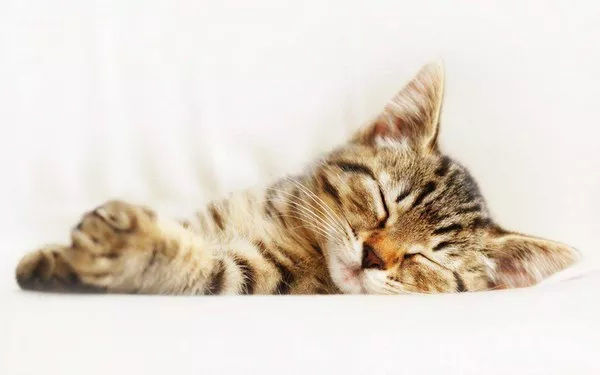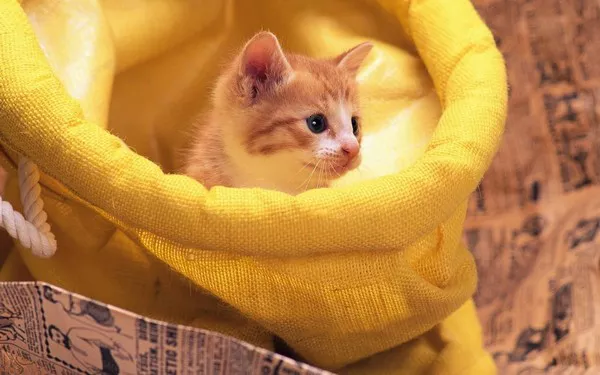Bengal cats are a breed of domestic cat known for their distinctive coat pattern and playful, intelligent personality. If you are considering adding a Bengal cat to your family, one of the questions you may have is: what is the lifespan of a Bengal cat? In this article, we will explore the average lifespan of a Bengal cat, as well as the factors that can affect their lifespan.
Average Lifespan of a Bengal Cat
The average lifespan of a Bengal cat is around 12 to 16 years, although some cats may live longer or shorter lives depending on various factors. This is comparable to the lifespan of other domestic cat breeds.
Factors That Affect the Lifespan of a Bengal Cat
There are several factors that can affect the lifespan of a Bengal cat:
Genetics:
Like any living creature, genetics play a role in a cat’s lifespan. Cats with good genetics may be more likely to live longer lives than cats with genetic health issues.
Diet:
A cat’s diet can have a significant impact on their overall health and lifespan. A high-quality, balanced diet that meets their nutritional needs can help keep them healthy and extend their lifespan.
Exercise:
Regular exercise and physical activity can help keep a Bengal cat’s muscles and joints strong and healthy, which can contribute to a longer lifespan.
Environmental factors:
The environment in which a Bengal cat lives can affect their lifespan. Exposure to toxins, pollution, and other environmental factors can have a negative impact on their health.
Medical care:
Regular veterinary check-ups and medical care can help identify and treat any health issues early on, which can help extend a Bengal cat’s lifespan.
Breeding:
Cats that are bred irresponsibly or from unhealthy bloodlines may be more prone to health issues that can shorten their lifespan.
Tips for Keeping Your Bengal Cat Healthy
If you want to help your Bengal cat live a long and healthy life, there are several things you can do:
- Feed them a high-quality, balanced diet that meets their nutritional needs.
- Provide them with plenty of opportunities for exercise and physical activity, such as toys and climbing structures.
- Keep their environment clean and free from toxins and other environmental hazards.
- Take them for regular veterinary check-ups and seek medical care promptly if you notice any health issues.
- Consider adopting from a reputable breeder who follows ethical breeding practices and prioritizes the health and well-being of their cats.
The average lifespan of a Bengal cat is around 12 to 16 years, but this can vary depending on various factors such as genetics, diet, exercise, environmental factors, medical care, and breeding. To help your Bengal cat live a long and healthy life, it’s important to provide them with a high-quality diet, plenty of exercise, a clean environment, regular veterinary care, and to adopt from a reputable breeder. With proper care and attention, your Bengal cat can be a beloved companion for many years to come.


























